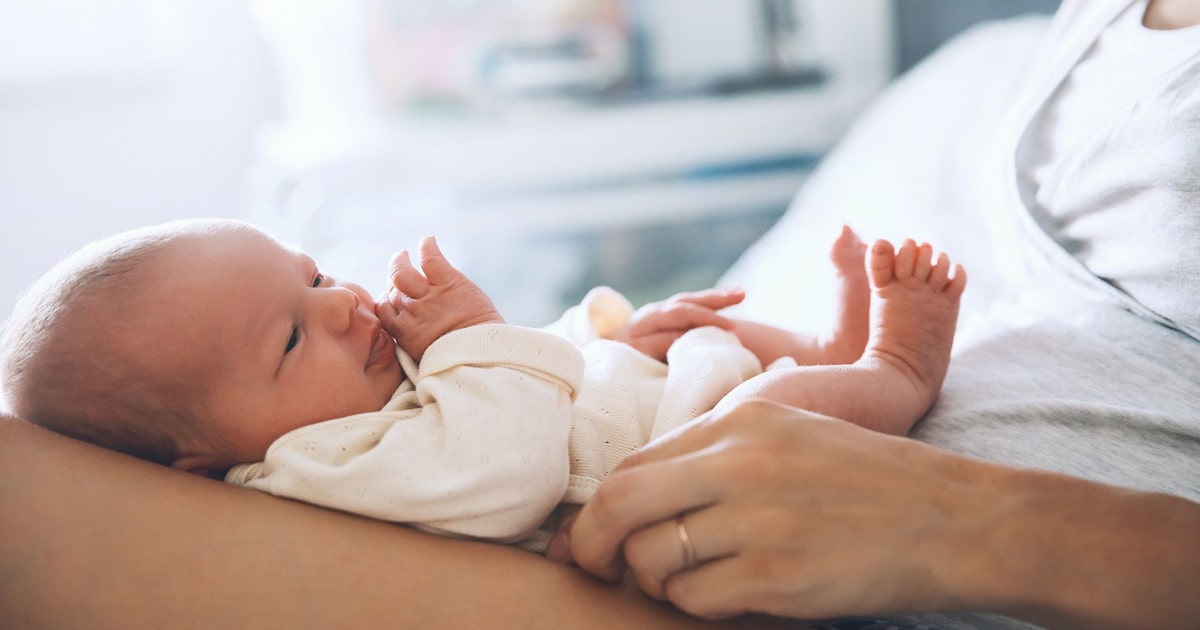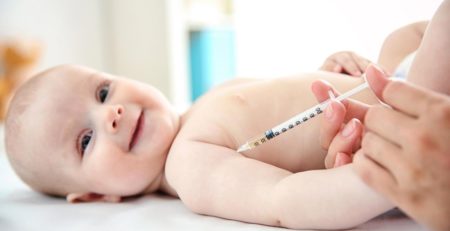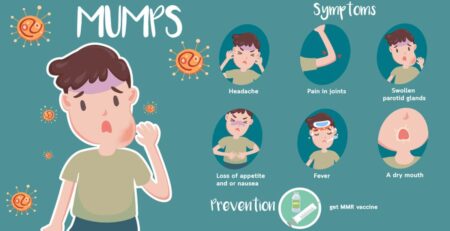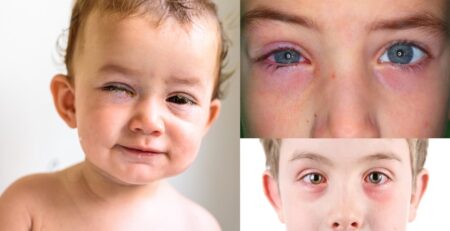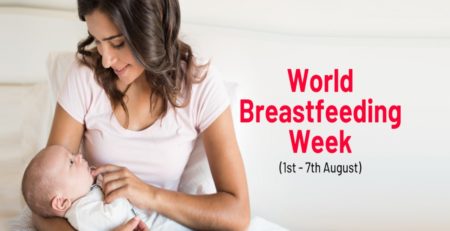Danger Signs to look out for in your newborn
First thing first. Your baby is pink and warm but you should know when to seek medical attention for your baby. You should be aware of these 10 so called “Danger Signs’ for your baby and seek consultation with a medical practitioner immediately if any of these 10 signs are present.
1. Not Feeding Well. This is the most common sign that mothers observe. Complains like my baby is not sucking well or my baby is taking longer time to complete his bottle are common. If the baby was previously taking feeds well and has stopped doing so then it is time that you take the baby for a proper examination by a medical practitioner preferably by a paediatrician/ neonatologist.
2. Drowsy/ Unconscious/ Lethargic. Babies normally sleep for 2-4 hours after an adequate feed. If the baby does not wake up after 4 hours of feed then you should wake the baby up to feed the baby. If your baby does not wake up after continuously trying to wake the baby up even 4 hours after feeds then you should immediately get medical attention. Reduced activity of the baby or movement only when stimulated as compared to previous also should make you cautions of an upcoming problem so be aware.
3. Breathing Fast or Grunting while breathing. Babies normally have a respiratory rate (Number of breaths taken in one minute) of around 30-60 per minute. Anything which goes above 60 is abnormal. If your baby is breathing more than 60 times in a minute then a medical checkup definitely required. You should also see for other signs of labored breathing such as grunting, move of nostrils or chest in-drawings while breathing are also signs when medical attention may be required.
4. Temperature Instability (Fever/ Hypothermia). Any temperature above 38 degree Celsius (100.4 Degree F) should alert you for medical attention. Fever can also be caused due to poor feeding or over clothing. You may try to adequately feed the baby and remove extra clothing from the baby. But still if fever persists then do visit a doctor immediately. Hypothermia means low body temperature. Any temperature below 35.5 degree Celsius (96 Degree F) should alert you for medical attention. Again poor clothing and cool ambient temperature can result in hypothermia. Adequate clothing is considered that a baby is given an extra layer of clothing when you feel comfortable to just warm. However, if you feel temperature of you baby going down then try increasing the clothing and if not corrected then do seek medical advice.
5. Cyanosis or Baby turning blue. Babies turn blue when the oxygen of blood falls below a certain level. This usually indicates a heart or respiratory disease. Hands and feet of a few hours old baby may appear blue normally (Called Acrocyanosis). However, if your baby is gone completely blue especially in the lips and tongue and hands and feet after few days of life then you need immediate medical advice.
6. Seizure. Abnormal jerky movements of any limb requires immediate medical attention. New-born’s do not have seizure like adults as you may have seen them to be. Any jerky movements should be brought to the attention of medical practitioners.
7. Vomiting. Vomiting is a very common complaint by mother of new born babies. First of all you need to differentiate vomiting from regurgitation. As the valve which prevent feed/milk to come out of babies stomach is not well developed babies may have regurgitation. Curdy milk of small quantity indicates regurgitation and is absolutely normal in a new born up to few times a day. Grossly vomiting out fresh feeds and in full or large quantities many times a day is a danger sign and need examination of the bay. Green or red coloured vomitus required immediate medical attention.
8. Jaundice. Jaundice (Yellowish colouration of skin) appearing in 3-5 days of life is normal and called physiological jaundice and in most babies don’t require any treatment. However jaundice in first day of life and after 3-5 days of life requires medical attention. It is still advisable to get jaundice at any day of life to get it checked from a paediatrician/ neonatologist to differentiate physiological from non-physiological jaundice.
9. Not passing urine or stool. New born babies should start passing urine and stool in the first 48 hours of life. And then continue to pass urine once in 2-3 hours and stool at least 1-2 times a day. A new born not passing urine for 6-10 times a day should alert the mother to seek medical advice.
10. Loose Stools. A baby may normally pass small quantity yellow colour stools after every feed. However, a recent change in consistency and increase I frequency of stools requires medical attention. During the process to seek medical attention however feeding must continue.
As stated above if any of these danger signs are present then do not hesitate to seek medical advice. An observant mother/ attendant can prevent a life threating condition much before it happens.

